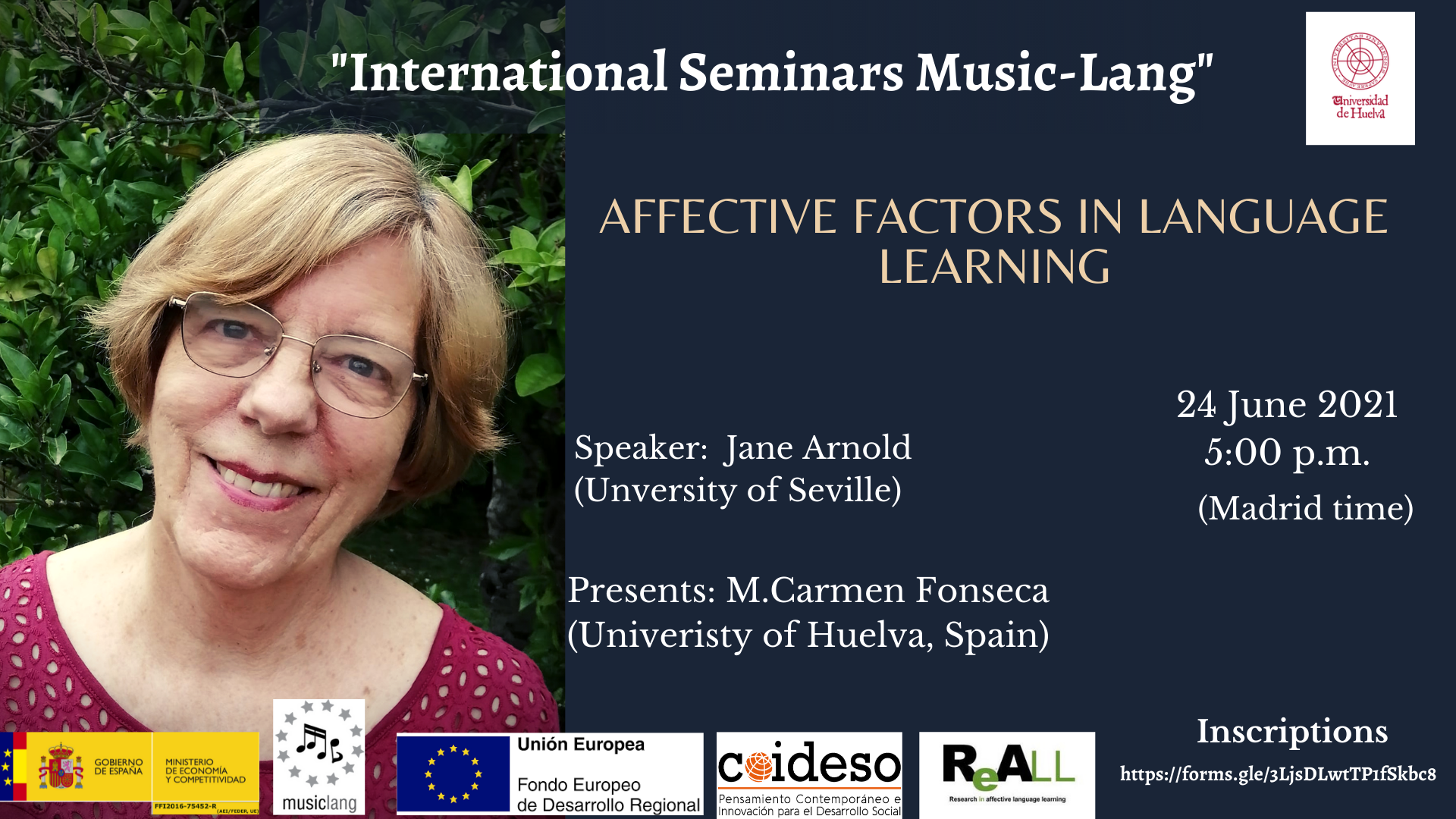The main objective of this project has been to analyse a multimodal resource with musical support that favours the good development of the reading process of foreign language learners. To this end, components such as reading fluency, working memory, processing speed, verbal comprehension and musical aptitude have been studied in order to define the reading profile of these students and the educational needs to be covered.

This requires a selection of sound texts (music video clips) for learners of Spanish, English and French as a foreign language, which seek to develop “intercultural literacy”, a cohesion of European citizenship. The analysis of the images and music, as well as the linguistic content, allows for the selection of those which promote intercultural values between the mother tongue and the target language of adult learners of Spanish, English and French as a foreign language and which may have an impact on their European intercultural identity. The musical input could also achieve the emotional well-being of foreign language learners and broaden their multicultural horizon through thematically tuned listening in accordance with the educational texts.
The MusicLang Portal in English, Spanish and French offers the main research results of our project but also a selection of videos for young and adult students to improve their learning of Spanish, English and French as a Foreign language.
We have also organised a selection of FREE webinars with four great specialists, that cover great topics: language learning, musical influence, reading, and affective factors. Members of the project MusicLang will cooperate in the debate of these relevant topics.
Stephen Krashen: ‘The Case for Fiction’. (21/06/21) :
Mireille Besson: ‘The Musical Dimension of Language’ (22/06/21)
Sonja Kotz: ‘Time and Rhythm in Language Learning’ (23/06/21)
Jane Arnold: ‘Affective Factors in Language Learning’ (24/06/21), 17h) 
We hope you enjoy these seminars!
